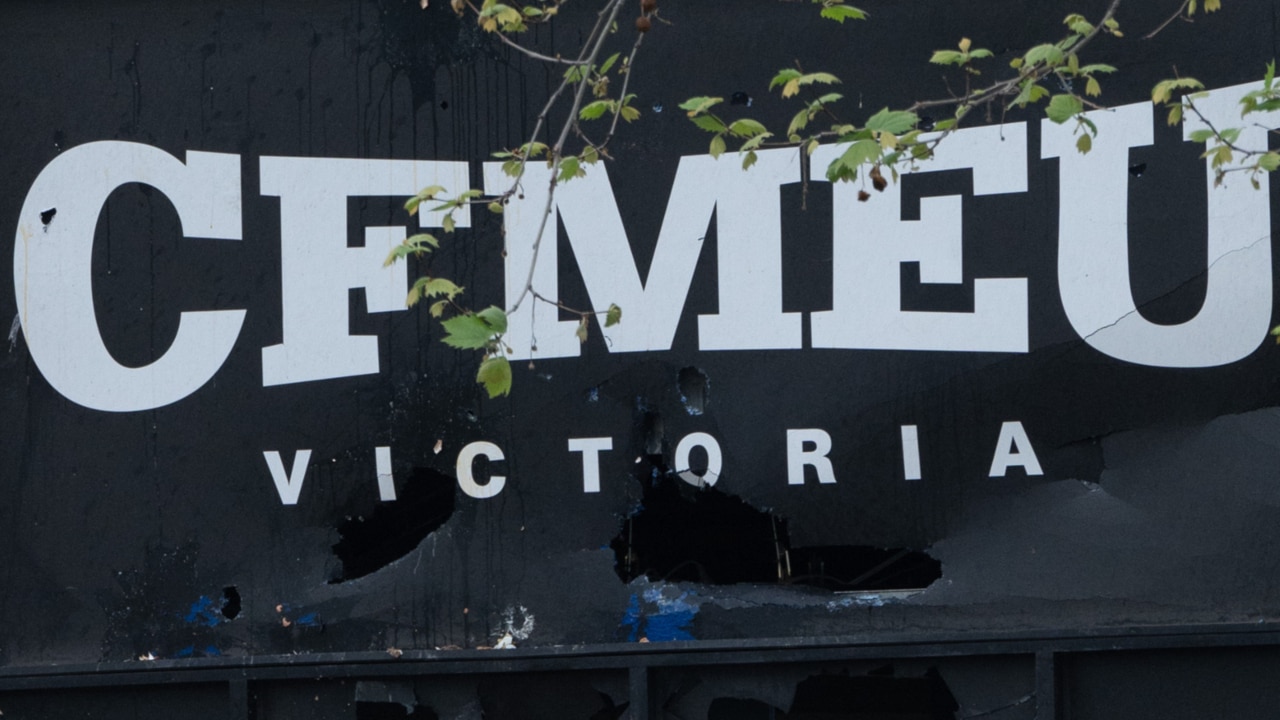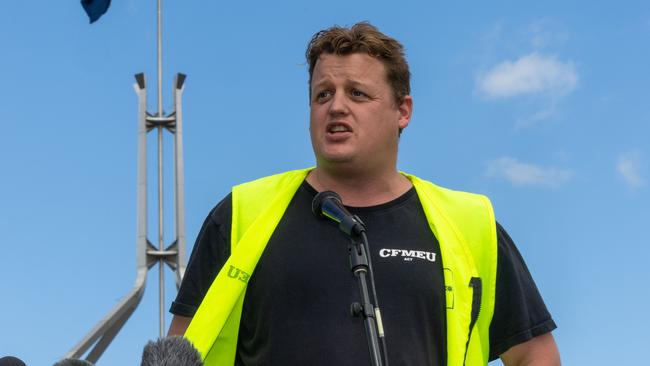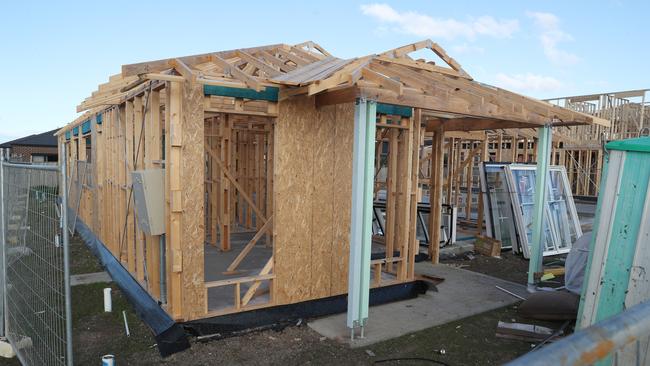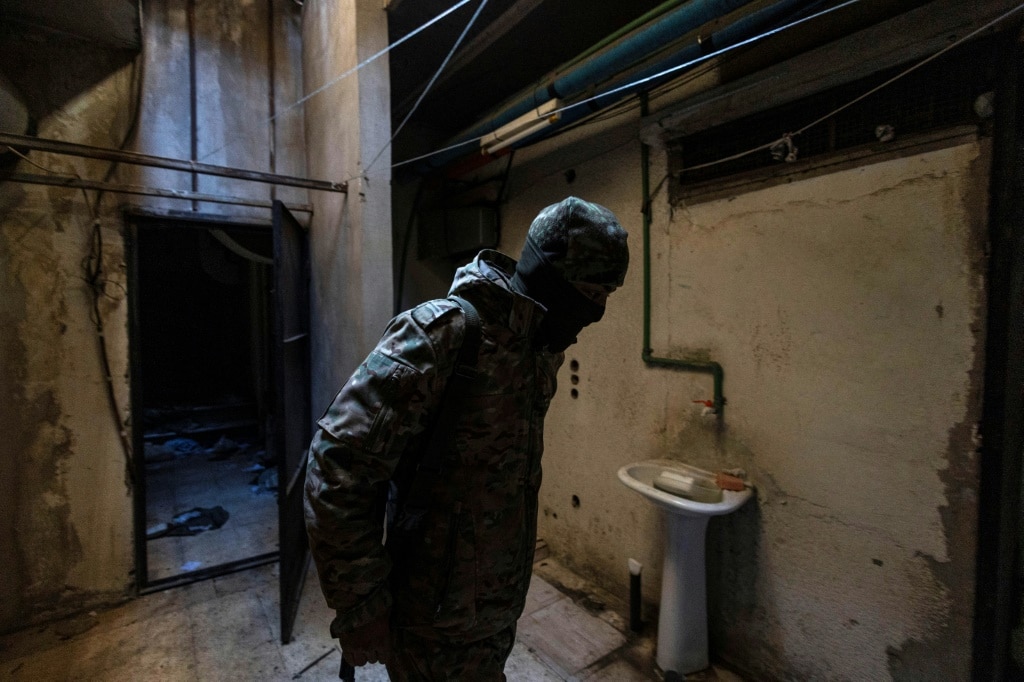Corporate giants targeted in new plan to rake in billions worth of tax to boost housing stock
An influx of migrants to Australia will put pressure on an already squeezed housing market. One union boss has a bold idea to fix the problem.

Breaking News
Don't miss out on the headlines from Breaking News. Followed categories will be added to My News.
Australia’s migration program is at risk unless the government urgently acts to defuse the housing crisis “stink bomb”, the top construction union boss says.
Construction, Forestry, Maritime, Mining And Energy national secretary Zach Smith called on Labor to be “bold” and adopt the union’s idea of a super profits tax to raise the billions needed to plug an estimated shortfall of 760,000 affordable and social homes.
He said the reform was the only way for the government to “maintain popular support for migration”.
“If we do not build the homes to keep up with our growing population, then the social licence for immigration will collapse and it will collapse fast,” Mr Smith told the National Press Club on Wednesday.
“You can already see parts of the Coalition, rudderless and desperate, poking at this nasty political stink bomb. What I am proposing is the only way to defuse it.”

More than 700,000 people are expected to move to Australia by the end of next year, adding to the squeeze of the nation’s already tight rental market.
The rush of migrants comes at a time where vacancy rates are already at a record low of 1 per cent and not enough homes are being built to keep pace with the population growth.
Mr Smith said switching off migration was not the answer to addressing the crisis.
“Skilled, permanent migration is the backbone of a lot of economic activity that occurs in this country,” the union boss said.
“So turning off the tap of migration, apart from it being deeply exclusionary and also economically harmful … also wouldn't address our underlying issue, which is that we haven’t built enough houses.
“This has been an issue that’s been coming two decades. Government has slowly withdrawn step-by-step-by-step in the space of building funding social and affordable housing.”

Figures forecasted by Oxford Economics Australia, commissioned by the CFMEU, showed an investment above $500bn would be needed to close the gap of required social and affordable housing by 2041.
Under the union’s super profits tax plan, corporate giants with a turnover of more than $100m would be subject to a 40 per cent tax on excess profits.
A super profits tax, the research found, could fund the construction of more than 52,000 new dwellings every year between 2023 and 2041.
Mr Smith said the government had a moral case to act.
“This kind of stark, unfairness will turn toxic somehow. It might not be the French Revolution, but it will be social decay and disharmony. It might look a lot like Trumpism and that is not good for anyone,” he said.
The union confirmed it will take the policy to the Australian Labor Party’s national conference in Brisbane next month, setting the federal party up for a fight on housing policy.
Prime Minister Anthony Albanese went to the last election promising to establish a $10bn housing fund – the Housing Australia Future Fund – to spend up to $500m per year to build 30,000 affordable homes over five years.
The legislation has stalled in the Senate after the Greens twice voted with the Coalition to defer debate, standing firm on its demand for the government to spend at more and get the states to agree to a national rent freeze.
Mr Smith called on the parliament to pass the HAFF “as soon as possible” despite it being “nowhere near sufficient to close the gap”.
Originally published as Corporate giants targeted in new plan to rake in billions worth of tax to boost housing stock


